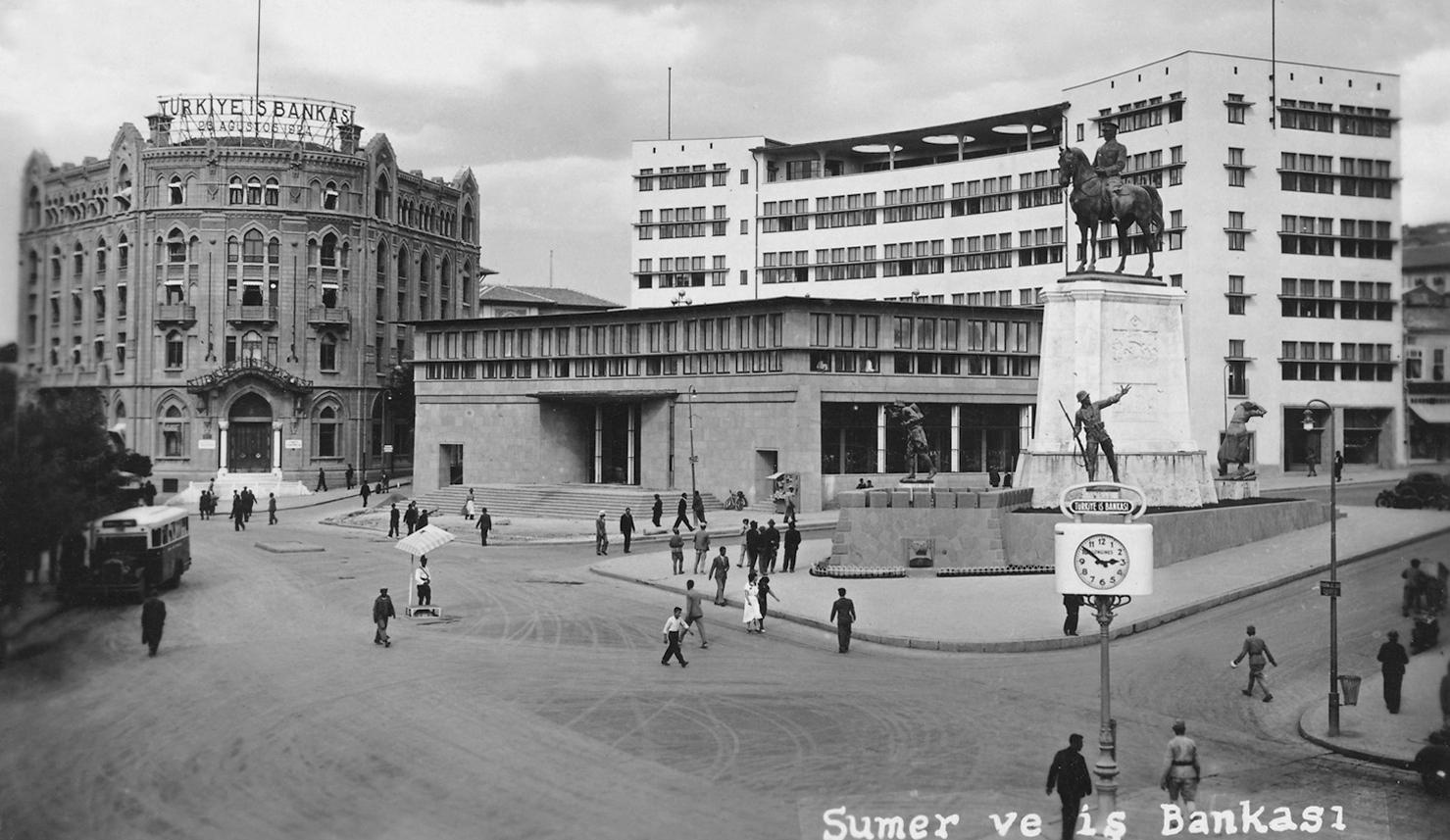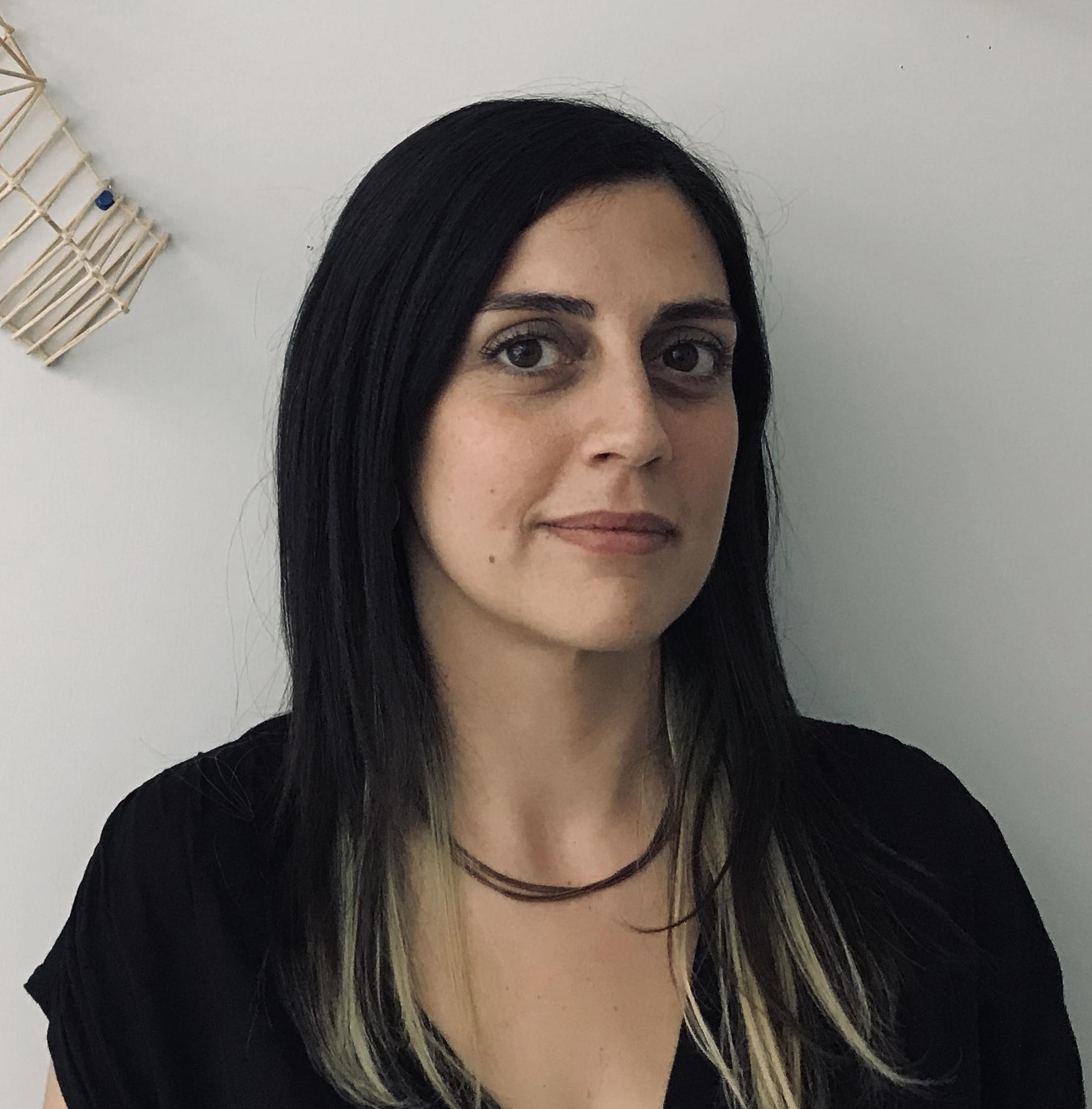 During this academic year, Elif Selena Ayhan Koçyiğit has a research assignment to analyse the cultural significance of historic urban spaces. Hereby a short introduction: Elif Selena Ayhan Koçyiğit is an urban designer specialized in the conservation of cultural heritage. She is an assistant professor in the Department of Architecture at Başkent University, where she teaches both undergraduate and graduate courses on the conservation of cultural heritage and urban design. Her research interests include urban restitution, value assessment, and the conservation of historic sites, public open spaces, and multi-layered towns.
During this academic year, Elif Selena Ayhan Koçyiğit has a research assignment to analyse the cultural significance of historic urban spaces. Hereby a short introduction: Elif Selena Ayhan Koçyiğit is an urban designer specialized in the conservation of cultural heritage. She is an assistant professor in the Department of Architecture at Başkent University, where she teaches both undergraduate and graduate courses on the conservation of cultural heritage and urban design. Her research interests include urban restitution, value assessment, and the conservation of historic sites, public open spaces, and multi-layered towns.
Biography
Elif received her bachelor’s degree in urban design and landscape architecture from Bilkent University/Türkiye and holds a master’s degree in architecture from the Dessau Institute of Architecture (DIA)/Germany. She completed her PhD in Conservation of Cultural Heritage at METU/Türkiye with a dissertation titled “A Tale of Ulus Square: A Critical Assessment of Continuity, Transformation, and Change in a Historic Public Open Space in Ankara.” Her research has been supported by Kaplan and ANAMED in 2015-2016, Koç University-VEKAM in 2017, and the Society of Architectural Historians (USA) in 2022. Between 2011 and 2014, she worked on the project “Civilian Architectural Memory in Ankara between 1930 and 1980” and is currently involved in the projects “The Architects Who Left Their Mark in Ankara” and “Memory Ankara.”
Postdoc research
For the 2025-2026 academic year, she has been awarded a scholarship from The Scientific and Technological Research Council of Türkiye and is currently conducting post-doctoral research on “Historic Public Open Space Conservation: Strategies for Revealing and Sustaining Cultural Significance” under the supervision of dr ir Gerdy Verschuure-Stuip at TU Delft. Elif is focusing on historic public open spaces as one of the most vulnerable elements of urban areas and addressing the challenge of sustaining their cultural significance. She is working on developing principles and strategies for the conservation of these spaces and defining new modes of intervention that would guide the decision-making process of academics, specialists, practitioners, and policymakers. Ultimately, her research aims to establish a theoretical framework based on applicable and generalizable conservation strategies for sustaining the cultural significance of historic public open spaces for future generations.
In the spring of 2026, we hope to organize a research meeting on this topic.
